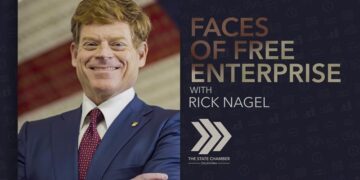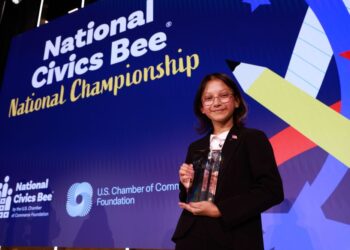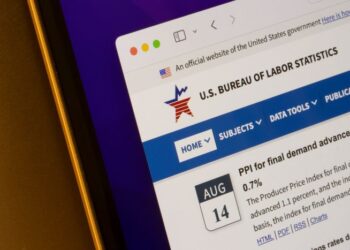OKLAHOMA CITY (OBV) – Two bills that extend an incentive program that helps Oklahoma communities host top quality events are making strides in the Oklahoma legislature.
House Bill 1065, written by Rep. Mike Kelley, R-Yukon, and Sen. Bill Coleman, R-Ponca City, cleared the Oklahoma House of Representatives with a 72-22 vote.
Senate Bill 578 by Coleman and Kelley is the companion bill to HB 1065. It also seeks to extend the life of the Quality Events Incentive Act. SB 578 passed the Oklahoma Senate in March with a 34-11 vote.
“HB 1065 simply extends the sunset date for the Quality Events Incentive Act. It’s been a very well-utilized act,” Kelley said while presenting the bill to fellow House members.
The House bill extends the Oklahoma Quality Events Incentive Act’s sunset date by six years, from June 30, 2026 to June 30, 2032.
The Senate bill extends the Quality Events Incentive Act to June 30, 2031.
The Oklahoma Quality Events Incentive Act provides financial incentives to host communities for quality events that have a significant positive economic impact.
The incentive helps local governments, promoters and organizers with promoting, planning and performing the event.
“Some of the things this bill has used to help bring to Oklahoma includes the Cattlemen’s Congress, which we took away from Denver during COVID. That alone brings in economic activity of $30 million to the area,” Coleman said.
Coleman also cited the PGA Championship event in Tulsa, Korn Ferry Tour Tournament in Norman and Bass Masters in Grove at Grand Lake as quality events that the incentive helped bring to Oklahoma.
Local governments can receive reimbursements up to $250,000 on quality event expenses.
The incentives are based on the incremental sales tax revenue from the event.
“The incentive provides a method by which the state can compete in a national and global economy for national or international events,” an Oklahoma Department of Commerce report states.
Sen. Brian Guthrie, R-Bixby, said he did not vote for SB 578 because he was concerned that the state will continue giving incentives when this year’s mandate is to cut spending due to high inflation. He said the bill continues a rebate program that is committed to spending.
“The primary goal this year is to cut spending and shrink government,” Guthrie said. “If we’re deciding what incentives, we’re just growing government which is the opposite of what we’re trying to accomplish this year.”
Rep. Neil Hays, R-Checotah, cast one of the 22 dissenting votes against the bill. He said he did not support the bill because he wants to prioritize tax dollars for cutting the state’s income tax.
“It’s more a matter of priorities. If you want to eliminate the income tax, you got to stop giving tax dollars away. At some point you have to start shutting off the credits and incentives so you can afford to get that tax rate to zero as quick as possible. It’s just a simple matter of priorities,” Hays said.
Rep. Clay Staires, R-Skiatook, also voted against the bill. He too said cutting taxes takes priority.
“If we plan to cut taxes, we have to look at places to cut spending,” Staires said.
Rep. Tim Turner, R-Kinta, also voted against the bill but said he now sees the bill’s merits upon gaining further understanding of what it does.
“I talked to other [House] members later on and said, ‘Hey, will you explain this to me?’ And we understand it. So we’re on board,” Turner said.
HB 1065 is now being considered in the Oklahoma Senate. SB 578 is being heard in the House.

















